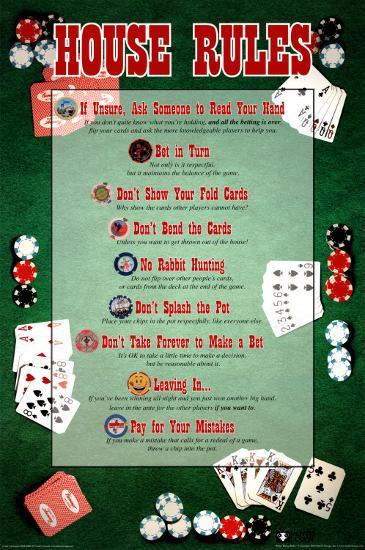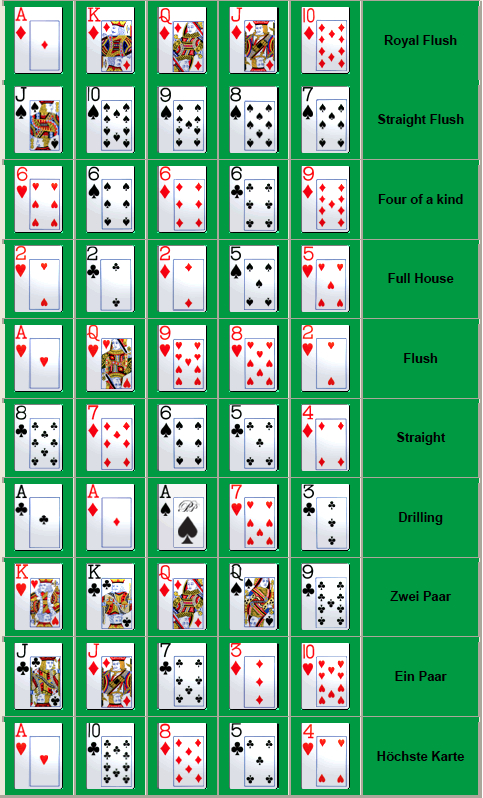
Texas hold 'em (also known as hold'em or holdem) is another version of the standard card game of poker. A dealer shuffles the cards then deals 2 cards to each player and then five community cards are placed by the dealer—a series of three ('the flop') then two additional single cards ('the turn' and 'the river'). Players have the option to check, bet or fold after each deal, i.e. betting may occur prior to the flop, 'on the flop,' 'on the turn,' and 'on the river.'


How To Play Texas Holdem For Beginners
Texas Hold 'Em (or Texas Holdem) is the primary version of Poker played in many casinos, and it's the version seen on television shows like the Travel Channel's World Poker Tour and ESPN's World Series of Poker. These are the basic rules for Texas Hold 'Em Poker. The Shuffle, The Deal, and The Blinds The dealer shuffles a standard 52-card deck. Hold’em belongs to the flop poker family, where players receive an incomplete hand of two cards, and then a number of face-up 'community cards' are dealt to the center of the table (as opposed to draw games, where no card is revealed before showdown). Each face up card can be used by one or more of the players to make a 5-card hand. Because community cards are common to every player, players. Learn more about the unique rules of Texas Holdem poker tournaments. Meanwhile, a Texas Holdem cash game is played on a single table with 2 to 10 players. The goal is simple: win as many chips as you can, one pot at a time. You win a pot by having the best hand or by having all other players fold before the showdown.
Texas hold 'em players compete either for an amount of money or chips contributed by the players themselves (this is called the pot). Because the cards are dealt randomly and outside the control of the players, each player attempts to control the amount of money in the pot based on the hand he or she is holding.
The game is made up of a series of hands or deals. At the conclusion of each hand, the pot is usually awarded to one player (although it can on occasions be split). A hand may end at the showdown, in which case the players that are still in play, compare their hands and the highest hand is naturally awarded the pot. Another possible outcome of a hand is when all but one player have folded and given up any claim to the pot, in which case the pot is awarded to the player who has not folded and is therefore still in play
Holdem Poker Rules Sheet
When a Texas Hold'em Poker player wants to play poker, the general objective is not to win every individual hand, but rather to make mathematically and psychologically correct decisions regarding at what point and how much to bet, raise, call or fold. By skilfully making such decisions, successful Texas Hold'em Poker players maximize winnings in the long term.